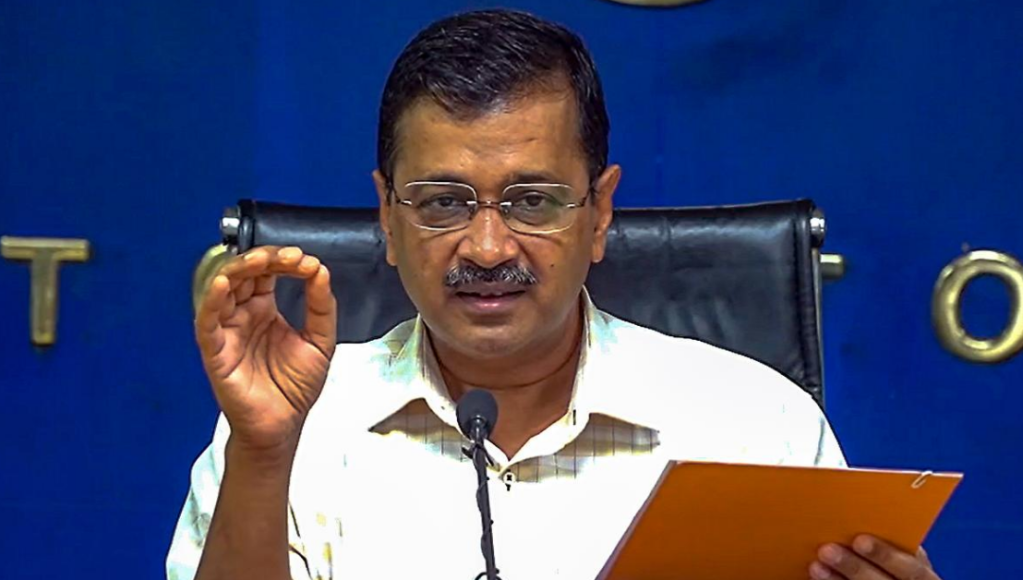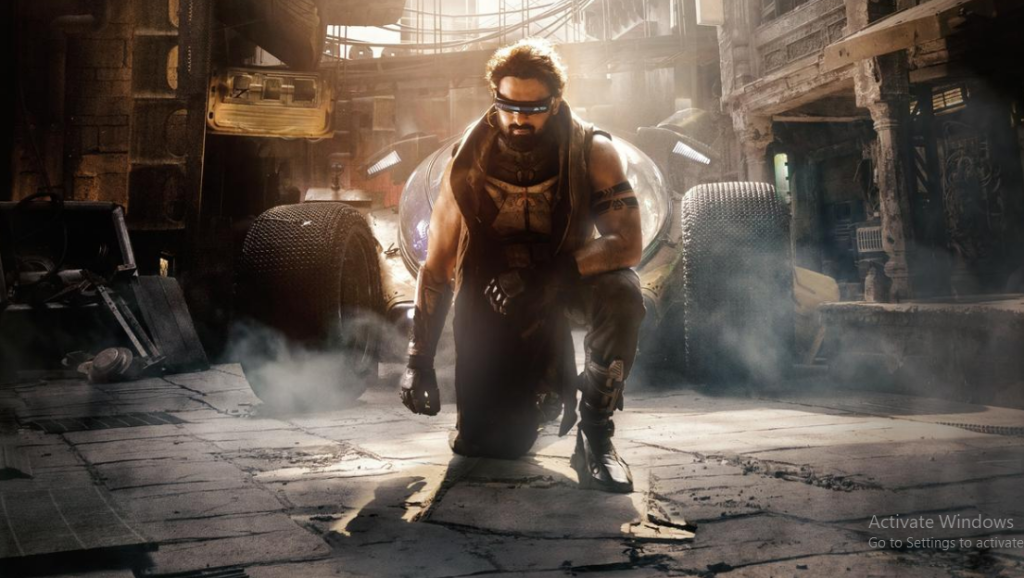The Supreme Court, while hearing Mr. Kejriwal’s plea challenging the High Court’s suspension of the bail granted to him, pointed out that it was “unusual” for orders to be reserved in stay applications as conventionally they are pronounced soon after the court concludes hearing arguments

The Delhi High Court will pronounce its verdict on June 25 on the Enforcement Directorate’s plea challenging the bail granted to Chief Minister Arvind Kejriwal in the excise policy case.
The Vacation Bench of the High Court, on June 21, reserved its order on the ED plea in order to go through the entire records.
The Supreme Court, on Monday, while hearing Mr. Kejriwal’s plea challenging the High Court’s suspension of the bail granted to him, pointed out that it was “unusual” for orders to be reserved in stay applications as conventionally they are pronounced soon after the court concludes hearing arguments.
The top court will now hear the case on June 26.
The Delhi Chief Minister was arrested by the ED on March 21. The agency had alleged that Mr. Kejriwal was the ‘kingpin’ of the Delhi excise policy ‘scam’. After remaining in jail for weeks, he was released on May 10 by the Supreme Court to campaign for the Lok Sabha election. He returned to jail on June 2 as the top court denied him further relief.
The ED had moved an urgent plea before the High Court challenging the trial court’s bail order, which was passed late on June 20. Additional Solicitor General (ASG) S.V. Raju, representing the ED, had contended that the agency was not given adequate opportunity by the trial court to argue its case
On the other hand, senior advocates Abhishek Singhvi and Vikram Chaudhari, representing Mr. Kejriwal, urged the High Court not to stay the bail order; they instead suggested that the court send him back to jail if it found overwhelming and cogent circumstances.
‘Not allotted time’
Presenting his case before the High Court, Mr. Raju said, “Material facts were not considered by the trial court. There cannot be a better case for cancellation of bail than this one. There cannot be greater perversity than this.”
“I was not allowed to argue fully. I was not given proper time of two to three days to file written submissions. This is not done. On merits, I have an excellent case. The trial court said ‘finish off in half an hour’ as it wanted to deliver the judgment. It did not give us full opportunity to argue the case,” he said.
“I am making the allegations with full seriousness,” Mr. Raju said, adding that he was denied the opportunity to present his case, as provided by Section 45 of the Prevention of Money Laundering Act (PMLA).
The trial court did not even look at his reply on the ground that it was bulky, he said.
He also mentioned that the trial court had given findings contrary to those of the High Court while upholding Mr. Kejriwal’s arrest. “There is evidence that Kejriwal demanded ₹100 crore but it was not considered by the trial court,” he said.
‘Bid to malign court’
Refuting Mr. Raju’s claims, Mr. Singhvi said, “This matter lasted for five hours (before the trial court). Nearly 3 hours 45 minutes were taken by Mr. Raju (ED) and then the trial judge is faulted because she does not repeat every comma and full stop.”
He also called out the ED for attempting to malign the trial court judge by claiming she did not give the agency enough time to argue and did not consider material evidence. “It is extremely unfortunate the way Mr. Raju has maligned the trial court judge,” he added.




Leave a comment